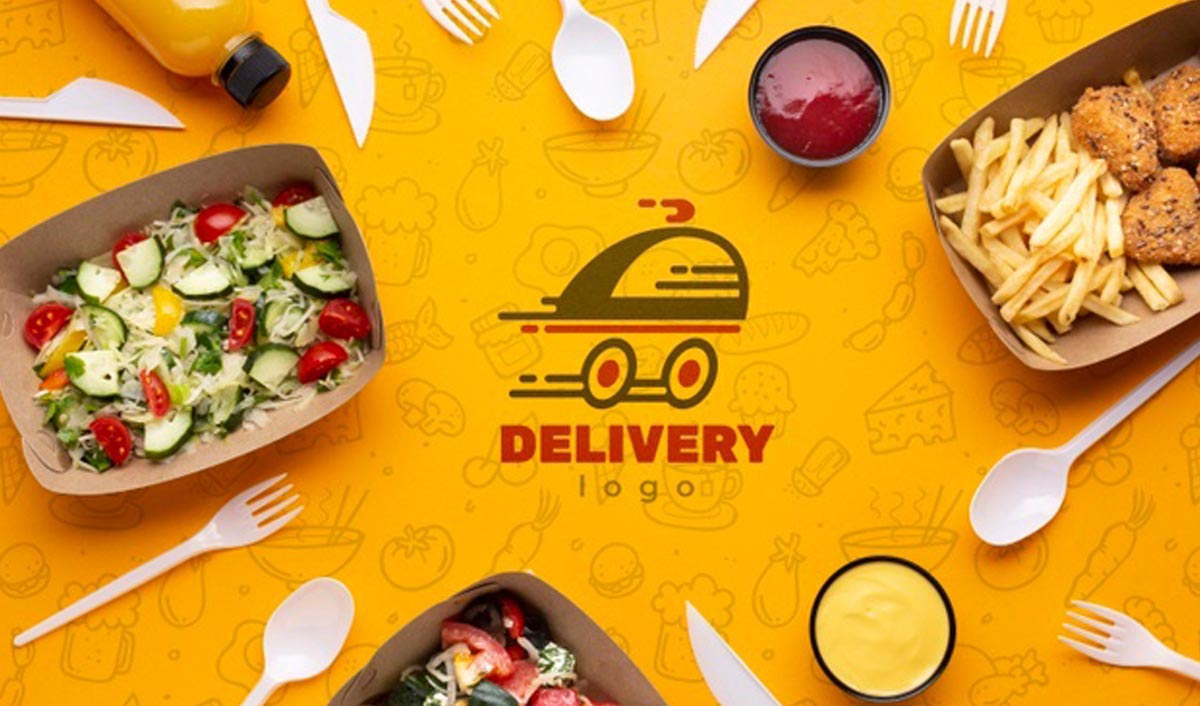
In the current state of the global pandemic, the online delivery business has seen such an outgrowing growth. According to the latest food delivery statistics, it is one of the fastest-growing industries. This doesn’t come as a surprise, as food delivery is convenient, saves time, and helps in avoiding unnecessary social interaction.
The food delivery business gaining popularity in such a short period of time has given a boost to the subscription-based model. Subscription-based or meal kit delivery services are one of the newer additions to the food delivery industry capturing a decent share of the overall business. According to Statista, the meal kit industry was valued at $4.65 billion in 2017. The very next year it blew up with a 300 percent increase. Estimates for 2022 are that the market will reach $11.6 billion globally.
Also Read: Why subscription based model is biggest disruptor of today's delivery trend
First and foremost, a subscription means added convenience for the customer. In India, the idea of meal subscription is an age-old concept. We always had dabbawalas, delivering fresh homemade meals to the office goers or the students. Taking it one notch up, now we have a number of subscription meal services that deliver fresh, healthy meals to the doorstep and even customize them to one’s specific dietary needs. FoodDarzi, Healthie, GourmetBox, Masalabox, EatFit are some of the market players in India.
“It is true that as the pandemic hit the nation, the F&B operators adopted various ways to stay afloat and survive the crisis efficiently. In my opinion, meal subscription plans have definitely been an interesting initiative that we saw from several restaurateurs,” said Mihir Mehta, A Mumbai-based Investment Banker at Ashika Capital stated who has successfully executed transactions In the F&B space in India amidst Covid-19.
What does it mean for the business owners?
Once the customer places an order, the likelihood of ordering again from the same place is very much higher in the case of a subscription. When volumes are compared, the revenue generated by the subscriptions is way more than a single business transaction. A subscription model can also provide a good cash flow for the business. Instead of an estimate, the owner can be fairly accurate and expect the amount he/she will have in hand.
A subscription-based food delivery model can be feasible due to the low investment cost involved. Also, it comes with high operational efficiency due to fixed orders. Moreover, one can easily lower down the delivery cost if the number of orders is pre-confirmed for each day.
“The demand is definitely on the rise because people have become more health-conscious. They want to eat and stay healthy and hence choose products and brands that guarantee health, fitness, and safety,” shared Sakshi Bakshi, Founder of Nucros Science & Taste. She also informed that through the subscription model, the company has saved on inventory and logistics resulting in an increase in profit share.
While their meal subscription plan is available only in Delhi/NCR right now, Bakshi’s future plans include expansion in PAN India with subscribers across the country.
Apt for present consumer need
With time and technology, the need for customer-centric and sustainable models has grown drastically. Today, users want a meal plan personalized to their dietary needs and in quantity enough for one-time consumption to avoid any food wastage.
“For a successful subscription-based business model, it is very important for a provider to consider cost-effective measures of every customer as it differs drastically with every order,” said Aditya Bafna, founder of Nashik-based Nutridock Kitchens.
Nutridock, a healthy subscription-based as well as food delivery start-up, has announced its expansion plans with an aim of opening 50 stores/kitchens by 2022 to offer sustainable and accessible meal plans to a wider audience.
The on-demand food industry runs on the premises of sustainability and cost-effectiveness and only those adhering to the two norms can make it in the long-term. Over time, subscription models have proven to be feasible in the long run as there is less anticipation and there are no redundant processes involved since every order is pre-planned.
Hurdles to overcome
However, for Mehta, the potentiality of meal subscription plans is debatable. “There are elements like high price sensitivity (since it is a recurring expense for the customer), limited menu engineering, streamlined logistics, low margin high volume strategy, etc. that ideally determine the success of this model,” he added.
To make meal subscription plans a sustainable business vertical, it is pertinent to work and overcome the above-mentioned challenges and that is a daunting task to integrate with the DNA of an already established restaurant business. “This was also witnessed during the pandemic as multiple restaurateurs struggled to metamorphose this initiative into a full-blown business,” Mehta informed.
May Interest: Food delivery platform Swiggy revamps 'SUPER' subscription service
With a strong IT backend, it becomes imperative to keep track of the enormous data generated by the customers that can be used to make better marketing plans, monitor buying preferences, and run promotional campaigns.
Copyright © 2009 - 2024 Restaurant India.









